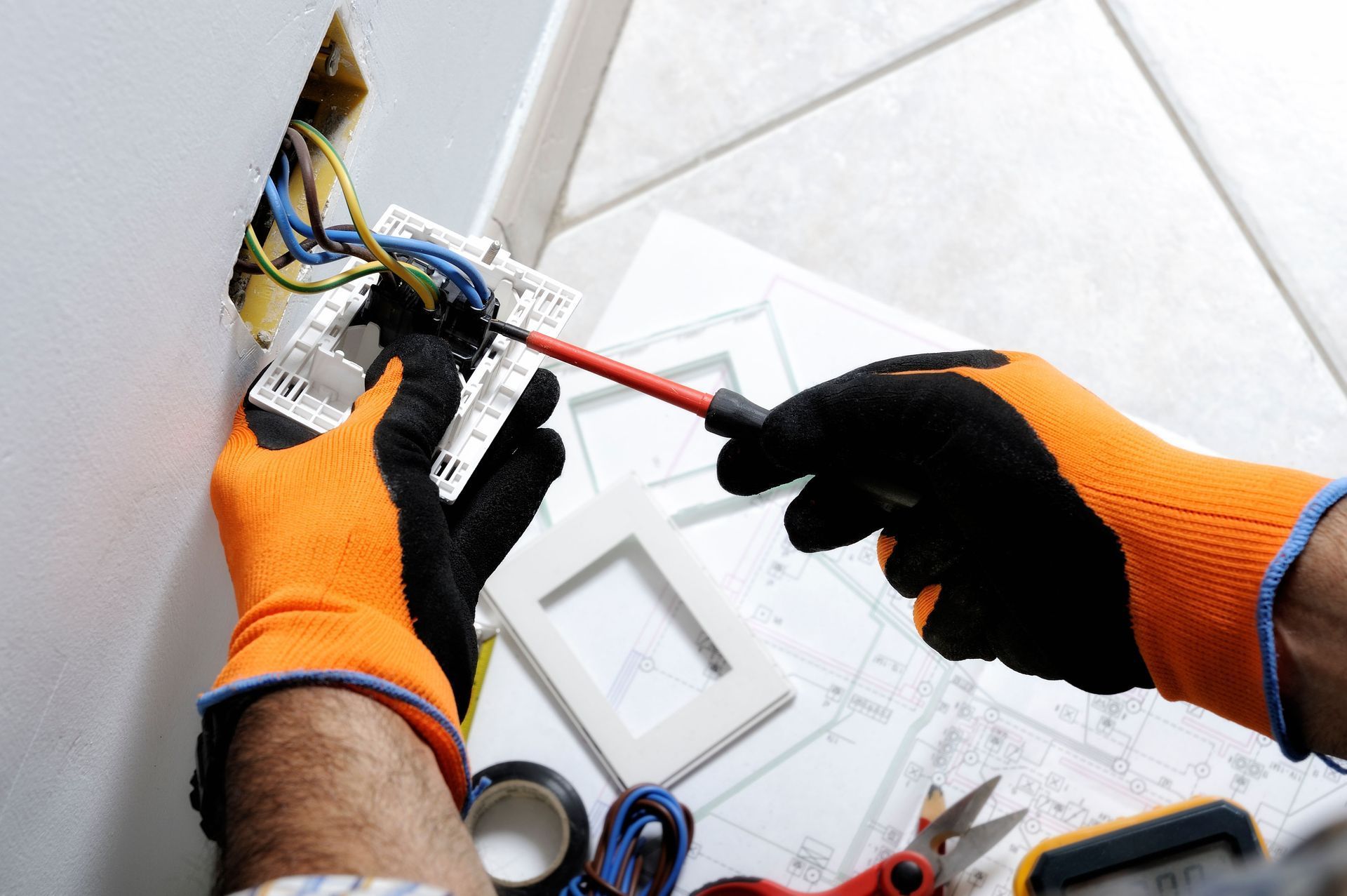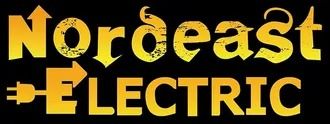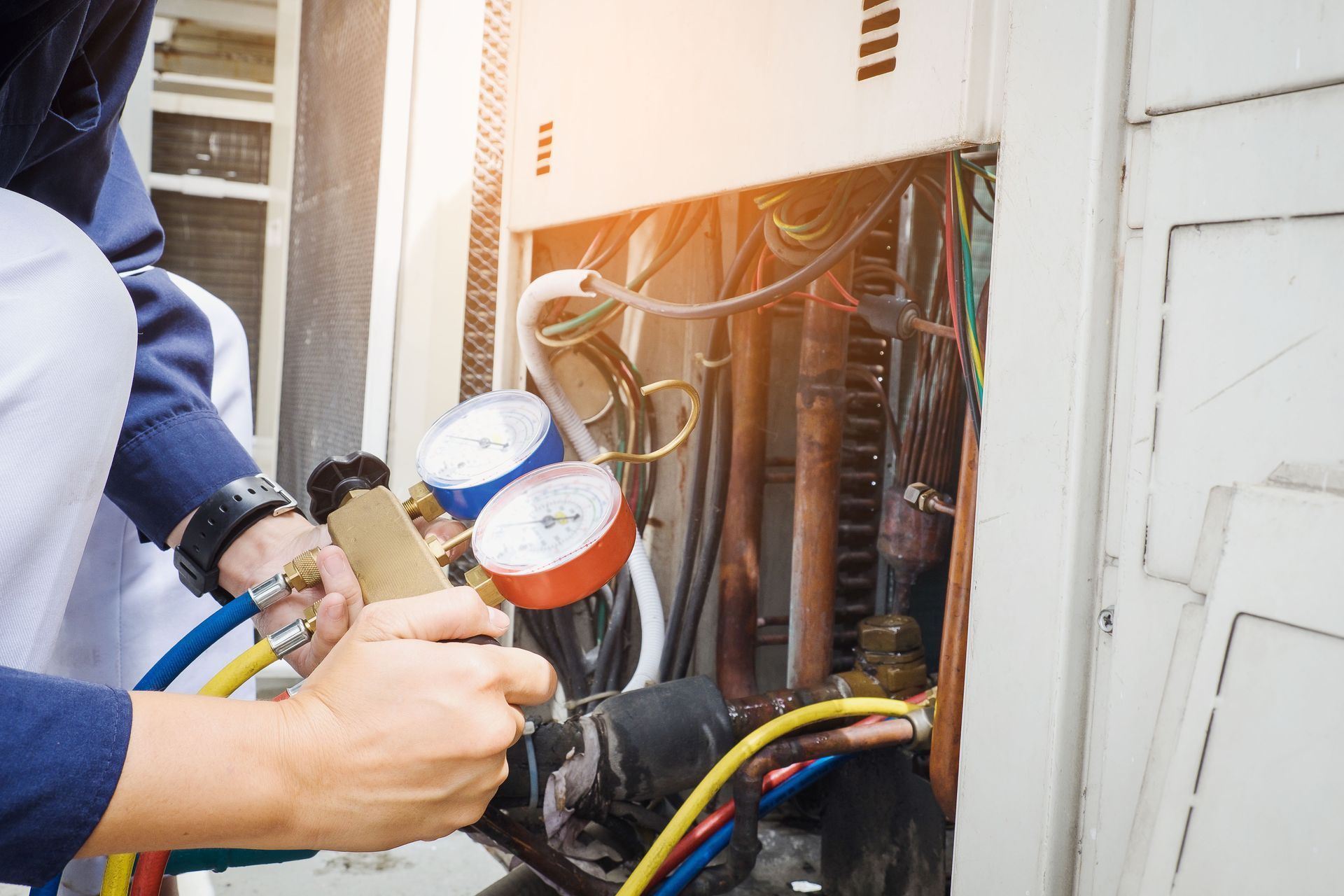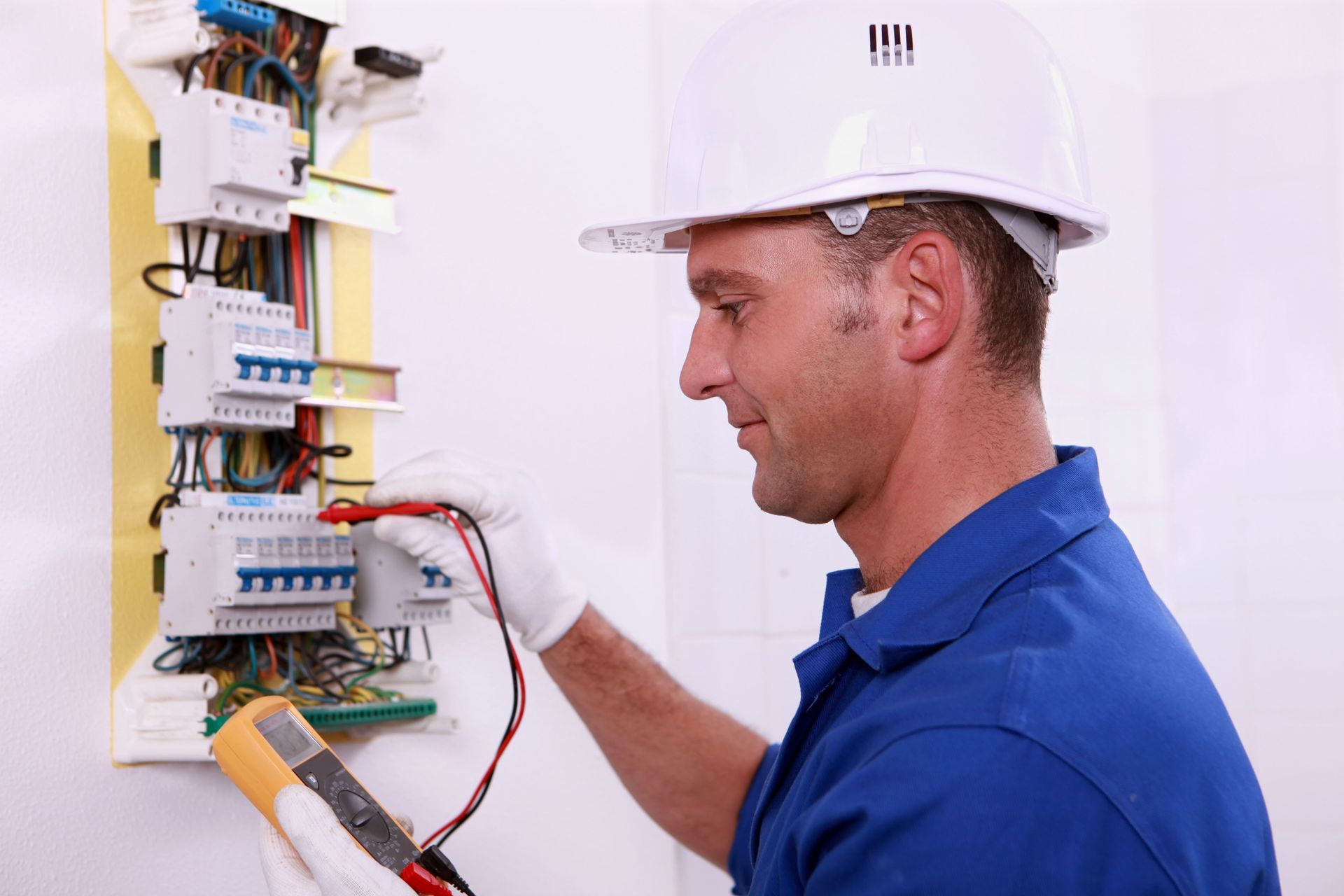July 25, 2025
Engaging a professional electrical contractor is crucial for ensuring the safety and efficiency of electrical work in your home or business. Incorrectly handled electrical tasks can lead to significant safety hazards, including electrical fires, which pose a serious threat to lives and property. To mitigate these risks, selecting a qualified and experienced electrical contractor is vital. Here are six essential questions you should ask before hiring electrical contractors.
1. What Licenses and Certifications Do You Hold?
The importance of licensing cannot be overstated when selecting an electrical contractor. Licenses demonstrate that a contractor has met the minimum required standards dictated by state or local governments. They also indicate that the contractor is legally permitted to perform electrical work. Beyond licensing, certifications provide additional assurance of a contractor’s expertise in more specialized areas of electrical work.
Verification of a contractor’s certifications is a crucial step in the hiring process. It ensures that the contractor possesses up-to-date and relevant knowledge necessary for high-quality work. This is especially important because electrical work continuously evolves due to advancements in technology and safety practices. According to ESFI.org, arcing faults result in over 28,000 home fires in the US each year, underscoring the importance of hiring qualified professionals.
State and local licensing requirements can vary significantly, necessitating research into what is needed in your area. Electrical contractors must comply with these requirements to legally operate, and failure to do so can result in penalties. Understanding these differences can help you avoid hiring unqualified contractors inadvertently.
2. Can You Provide References From Previous Clients?
Securing references from previous clients provides valuable insight into a contractor's past performance and customer satisfaction levels. These references help verify the quality of work, adherence to timelines, and overall professionalism. When a contractor willingly shares references, it shows confidence in their work history and encourages transparency. Moreover, references can highlight a contractor’s strengths and weaknesses from a client's perspective.
When evaluating a contractor’s reputation, it’s essential to analyze both anecdotal testimonials and documented case studies. Consider asking references about the contractor’s communication skills, ability to stay within budget, and resolution of issues. Take note of recurring themes in feedback, both positive and negative, which may indicate patterns of behavior. In the digital age, online reviews provide an accessible and modern reference point for gauging a contractor's credibility.
To ensure the authenticity of references, consider reaching out to the past clients directly rather than relying on filtered reviews provided by the contractor. Be wary of overly positive reviews that seem generic or too repetitive, as they might not represent real experiences. While it's normal for even the best electrical contractors to have occasional unfavorable reviews, how they address those complaints is telling of their professionalism. Cross-referencing different feedback platforms can offer a more comprehensive understanding of a contractor’s reputation.
3. What's Your Experience With Similar Projects?
Assessing an electrical contractor's experience with projects similar to yours is a crucial step in the hiring process. Contractors with specific experience are typically more adept at anticipating challenges and delivering successful outcomes. Project specialization refers to the contractor’s ability to handle certain types of installations or repairs with greater proficiency. For example, some contractors may be particularly skilled in residential projects, while others excel in commercial installations. Understanding these specializations enables you to select a contractor best suited to your project's unique needs.
Reviewing case studies of a contractor’s past successes can provide additional peace of mind. Contractors should be able to demonstrate their track record through documented examples of their work, highlighting their ability to meet client expectations and overcome obstacles. Experience directly impacts project efficiency, as seasoned contractors can expedite workflows and navigate complexities with ease.
No project comes without its set of challenges, and the ability to effectively tackle these issues is a testament to a contractor’s competency. Discuss with electrical contractors the obstacles they've faced on previous projects and how they resolved them. Understanding how they handle issues can give you an idea of their resourcefulness and commitment to client satisfaction. A contractor’s adaptability and logic in difficult situations make the difference between a narrowly averted failure and a successful outcome.
4. How Do You Estimate Costs?
The cost estimation process reflects a contractor’s professionalism and transparency. Estimates should provide detailed breakdowns, including materials, labor, and additional fees. Having a clear understanding of these components helps avoid misunderstandings and potential disputes later on. Experienced contractors usually offer precise estimates, backed by on-site inspections and prior experience with similar projects. It's vital to request and compare detailed written estimates from multiple electrical contractors before making a decision.
Materials and labor costs are significant factors that influence the final project price. Contractors should explain the types of materials they intend to use, along with their quality and pricing. Labor costs can vary depending on crew size, hours worked, and specialized skills required. Hidden fees can sometimes rear their heads unexpectedly, resulting in budget overruns. Therefore, discussing potential fees at the outset helps establish realistic financial expectations and aids in maintaining transparency.
Site inspections play a crucial role in producing accurate cost assessments. These assessments allow electrical contractors to physically evaluate the conditions they'll be working with, leading to more precise estimates. They also provide the opportunity to identify any additional work necessary, such as upgrades, that weren't apparent in initial discussions.
5. What Does Your Insurance Cover?
Understanding a contractor’s insurance coverage is a fundamental aspect of protecting yourself from potential liabilities. Professional electricians should have various coverage types, including liability insurance and workers' compensation. Liability insurance provides coverage for any damages that might occur to the property during the project. On the other hand, workers' compensation covers employees in case of injuries sustained on the job site. It's a security measure for both the contractor and the homeowner and should not be overlooked.
The role of liability coverage in mitigating risks cannot be overstated. It ensures that the financial burden of any damages or accidents that occur as a result of the contractor's work does not fall upon you. Confirming coverage details with the contractor's insurance provider can offer peace of mind.
If the contractor is uninsured, the risks multiply, making it essential that you verify insurance validity and scope. Should an accident occur, the financial responsibility could fall on you, leading to increased costs far beyond initial project estimates. In the worst-case scenarios, legal battles may ensue, complicating the situation further. Asking for proof of insurance, including the coverage extent and policy expiration date, is a non-negotiable part of the hiring process.
6. What Are Your Safety Standards?
Adhering to safety standards is imperative for electrical contractors to ensure the safety of all stakeholders, including the client, the contractor, and the property. Safety protocols vary slightly from one contractor to another but usually comply with established codes and regulations. You should inquire about their adherence to the National Electrical Code and any specific local guidelines. These standards are crucial, especially given the potential hazards such as electric shocks or fires from faulty installations. The commitment to safety often reflects a contractor's professionalism and integrity.
Identifying common electrical hazards and the contractor's mitigation strategies is essential in the vetting process. These risks include the possible exposure to live wires, improper grounding, and outdated wiring. Proper mitigation could involve using high-quality materials, adopting innovative techniques, and maintaining rigorous safety checks.
Emergency protocols are another critical aspect of ensuring safety on the job site. The contractor should have a clear plan for handling emergencies, such as electrical fires or accidental injuries. Evaluate their commitment to safety by learning about these protocols and observing any certifications related to safety training. Furthermore, a contractor’s willingness to discuss and implement safety measures demonstrates diligence and a commitment to providing high-quality service.
By asking these essential questions, you can ensure that you hire competent and reliable electrical contractors capable of safely and efficiently handling your project needs. Armed with this knowledge, you'll be better prepared to make an informed decision that protects your investment and guarantees peace of mind. Get in touch with our team at Nordeast Electric today!




